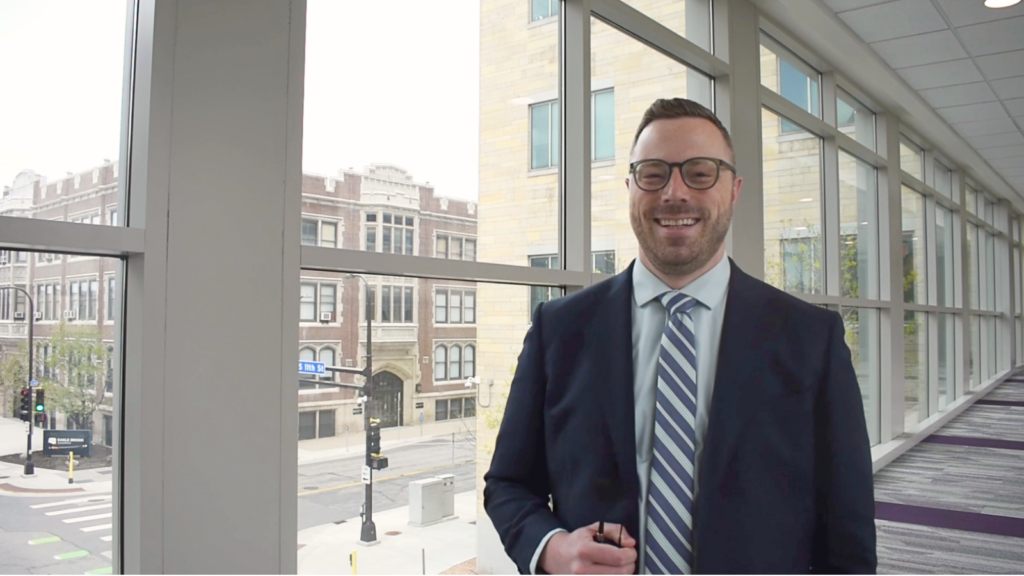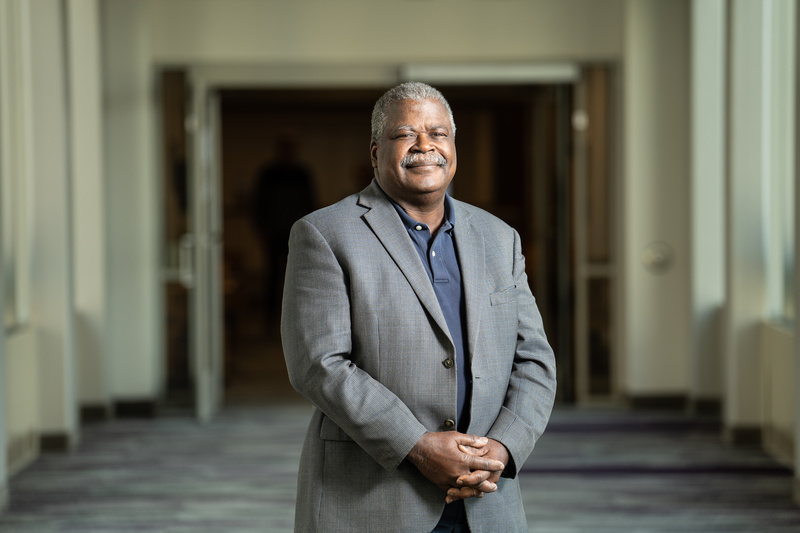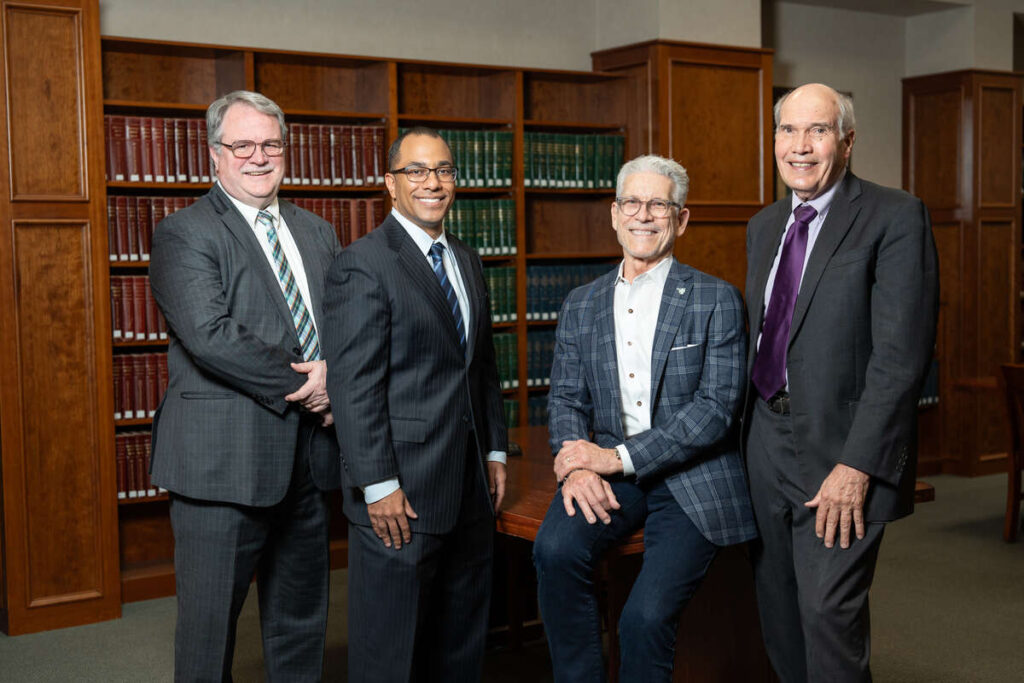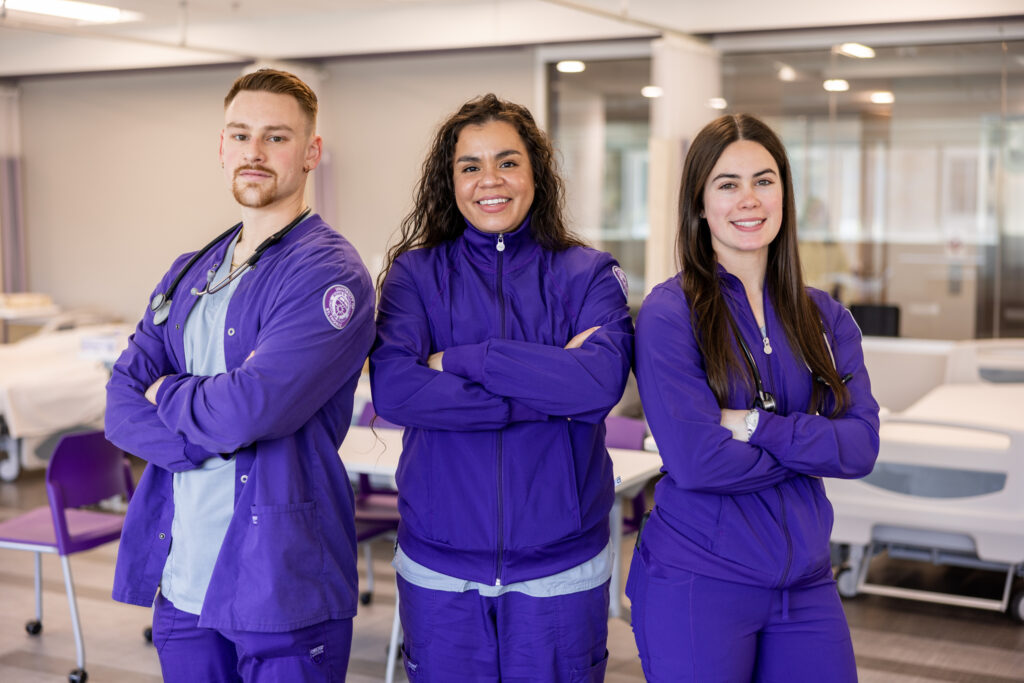Spotting an opportunity to combat food waste and hunger while working in facilities management as a student worker, Will Pittner ’22 has partnered with the University of St. Thomas to redistribute excess food to people in need within the community.
His start-up, Food to People, is an innovative system to help alleviate food insecurity by recovering surplus food that would otherwise go to waste. Pittner collects surplus food from institutions that produce food in large quantities, partnering with St. Thomas Dining Services as a collection site.
“Many people don’t realize that at least a third of all food intended for human consumption goes to waste,” Pittner said. “In Minnesota alone, over 4,000 people face food insecurity. To put it in perspective, that’s equivalent to about nine U.S. Bank Stadiums stacked on top of each other.”
A catalyst for social innovation
Pittner, an entrepreneurship major, founded Food to People in his senior year at St. Thomas, but the seed for food waste recovery was planted nearly two years earlier. An entrepreneurship professor encouraged him to enter the Fowler Business Concept Challenge, the catalyst for getting Food to People off the ground. His business plan won $7,500 in the social venture track and later received a grant through the Schulze Pre-Seed Grant Program.
Pittner is one of numerous Tommiepreneurs creating businesses with a social purpose, some of whom receive funding from the Schulze Innovation Fund. The fund, which supports entrepreneurial St. Thomas students and alumni, has invested over $1 million into Tommie alumni businesses, providing early-stage capital, mentoring, and connections.
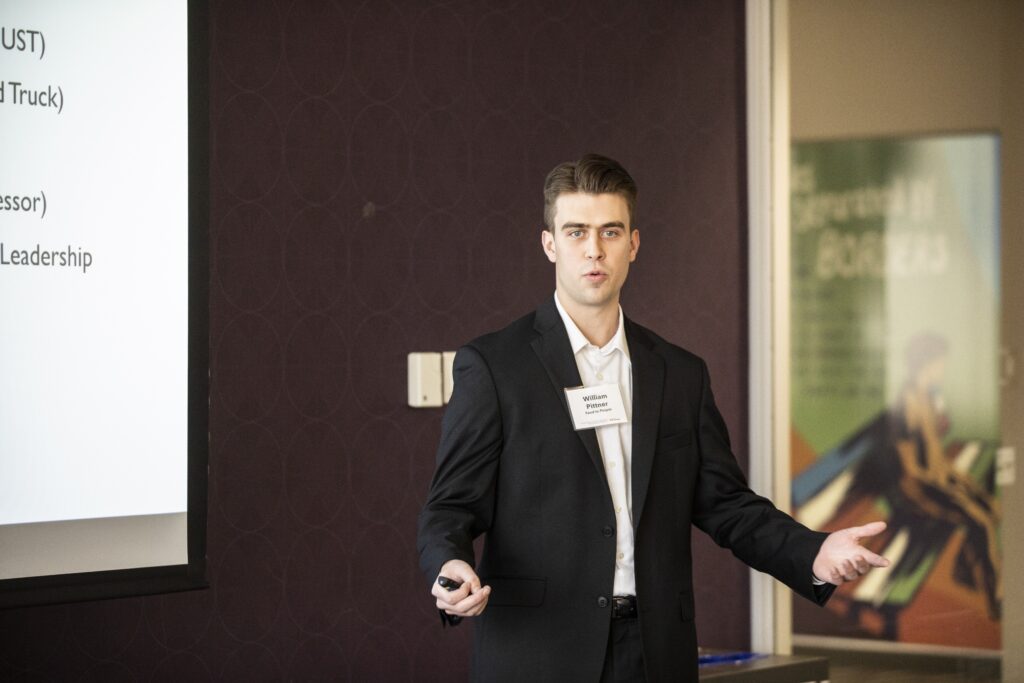
A focus on quality and delivery
Food to People’s food recovery process involves freezing fully prepared meals to safely preserve unused food. Pittner manages the logistics of transporting these protein-rich meals to various locations, including homeless shelters and churches in the Twin Cities. Though currently a one-person operation, Pittner envisions growth, hoping to expand the team and impact beyond the Twin Cities.
“I’m very grateful for the University of St. Thomas for taking a chance on me,” Pittner said. “They were the first people to say yes to being a supplier.”
